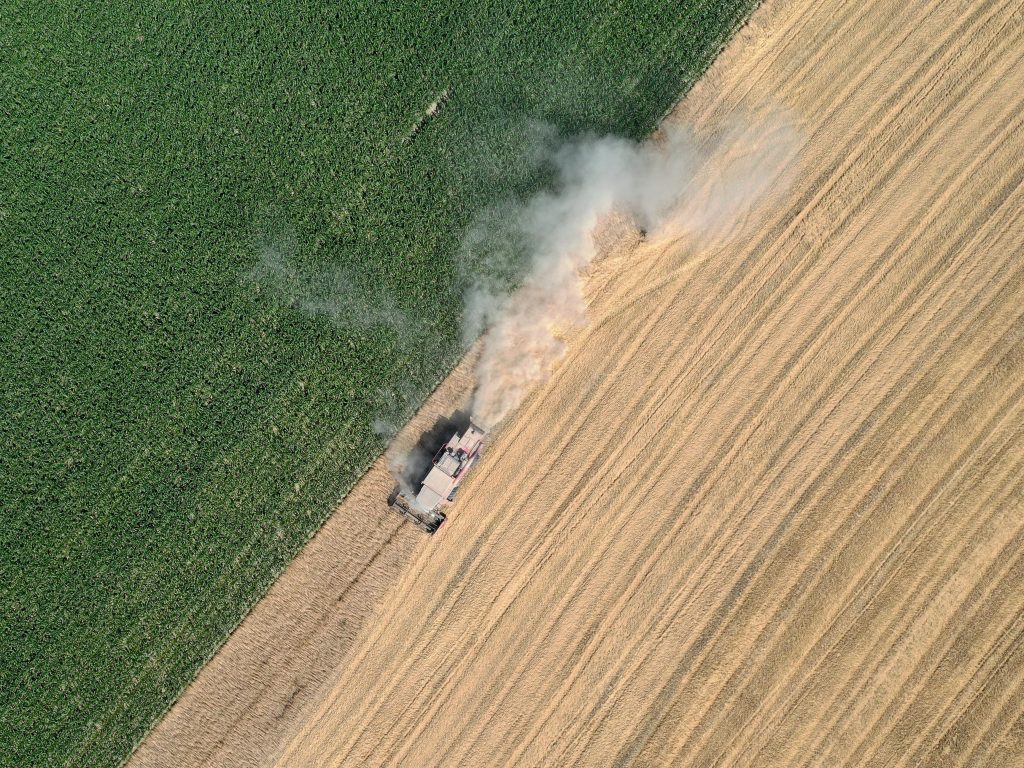
Researchers want to know the reasons for the rise and fall of empires: agriculture and military technology.
© APA / HELMUT FOHRINGER (avatar)
Larger and more complex societies evolved about 10,000 years ago. The motives behind state formation and the organization of society are the subject of many theories. Researchers now want to know why empires come and go: the further development of agriculture and military technology.
The team, led by Russian-American complexity researcher Peter Turchin of the Center for Complex Science (CSH) in Vienna, based the study, published in the journal Science Advances, on the “Seshat World History Database” originally developed by Turchin. This is a set of historical and archaeological data for 373 societies around the world. Scientists focused in the study on the period extending from the beginning of the “Holocene” era, about 10,000 years ago, until the year 1900 AD.
Research data traces the rise and fall of empires
This data tracks the formation and dissolution of larger communities over time. The organizational form of the state in its various forms dominated here for about 5,000 years. Based on the collected information, scientists used mathematical and statistical methods to experimentally test several theories about the “Holocene transition”.
Agriculture and military technology in focus
While some focus primarily on the development of agriculture, others focus more on conflicts, such as conflicts between social classes or military threats from other powers. Others see the observed developments as a complex coping strategy for social problems, according to the CSH broadcast.
17 Possible Influencing Factors
Although all of these ideas are based on plausible examples, “none of them has been definitively proven more convincing than the others,” says Turchin. Together with colleagues, he has now studied 17 potential influencing factors in diverse groups, which various theories consider important for the “Holocene transition”. It turned out that two combined factors are best suited to the data on the formation and change of state structures: increased agricultural productivity and the invention or adoption of military technologies, such as weapons forged from iron or the development of mounted armies or gunpowder.
Conflicts over land and resources put great pressure on people
Ultimately, social, political and cultural development can be best explained by the fact that conflicts over land and resources place great stress on people. This, in turn, has led to societies with the advantage that have more living space, are composed of more people, are able to collect and store more information, communicate more effectively over longer distances, and have more people dedicated to building infrastructure or military purposes. crowd.
Dealing with bronze and iron increased the circle of influence of societies
For researchers, the picture of repeating history presents itself as follows: societies that were able to use bronze and later iron or some military innovation for themselves, for example, rapidly expanded their sphere of influence. Then there was the relative stability of its size. As a result, more cultural innovations and achievements appeared, until a new breakthrough came and settled again, and soon other societies spread and sometimes settled, until the process began again from the beginning. For example, researchers cite the ancient and modern kingdoms of Egypt, as well as the first great empires of the Middle East or in China, the Roman Empire or the huge colonial empires of European countries, some of which lasted until the 20th century. .
Research as food for thought about established theories
Scholars see their work as an impetus to reflect on the plausibility of some of the well-established theories in the field. For Turchin, empirical testing has the potential to definitively discard hypotheses that do not stand up to such testing.

“Food practitioner. Bacon guru. Infuriatingly humble zombie enthusiast. Total student.”








More Stories
Kyiv: Russian Kursk offensive halted
US Presidential Election: Former US Government Officials Warn Against Donald Trump's Election
Netherlands wants to leave asylum system